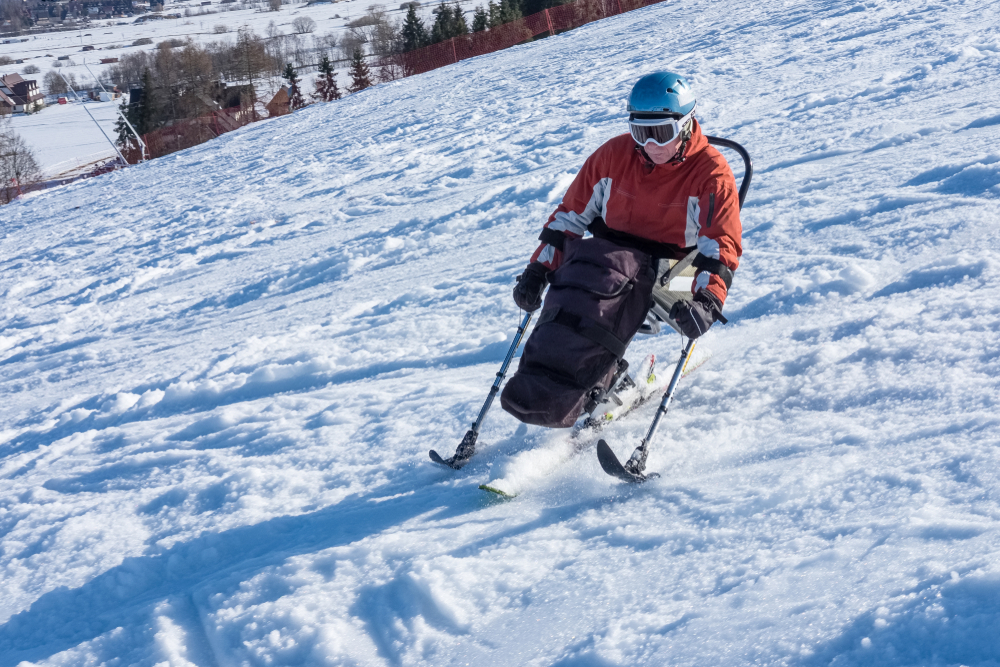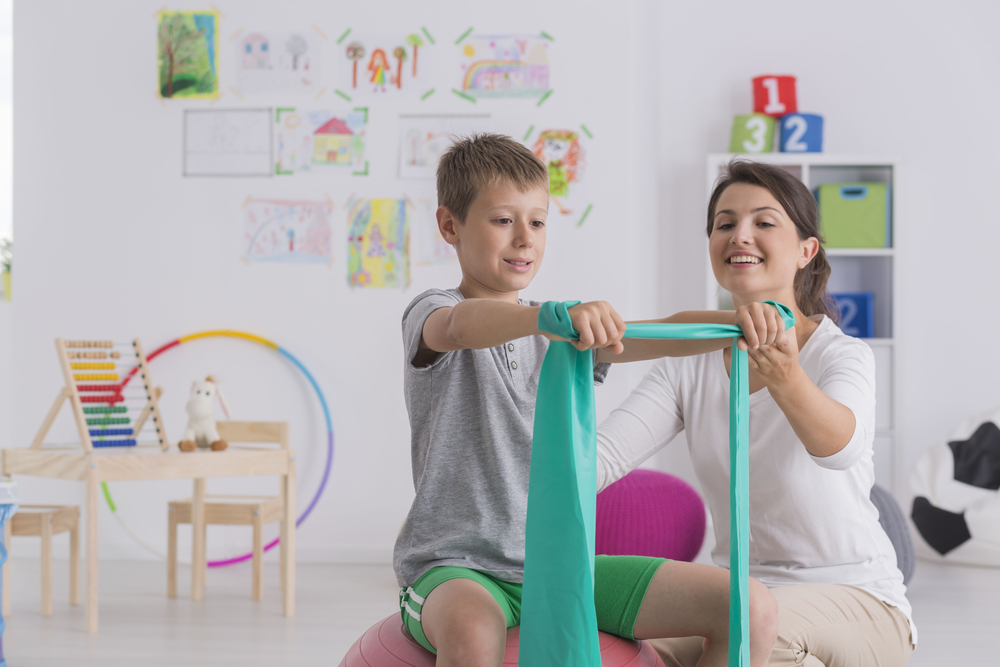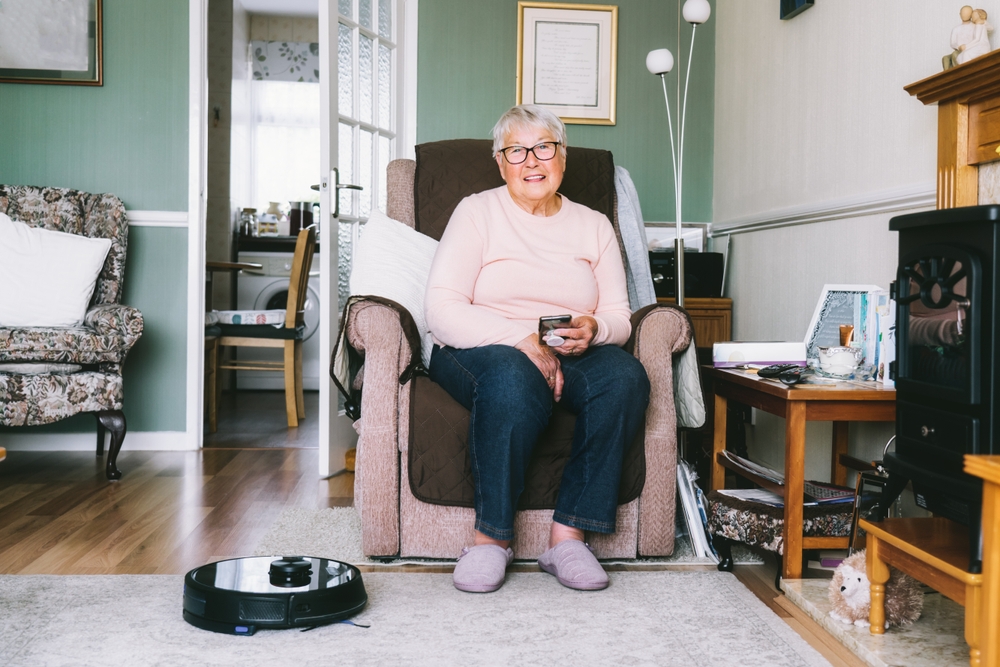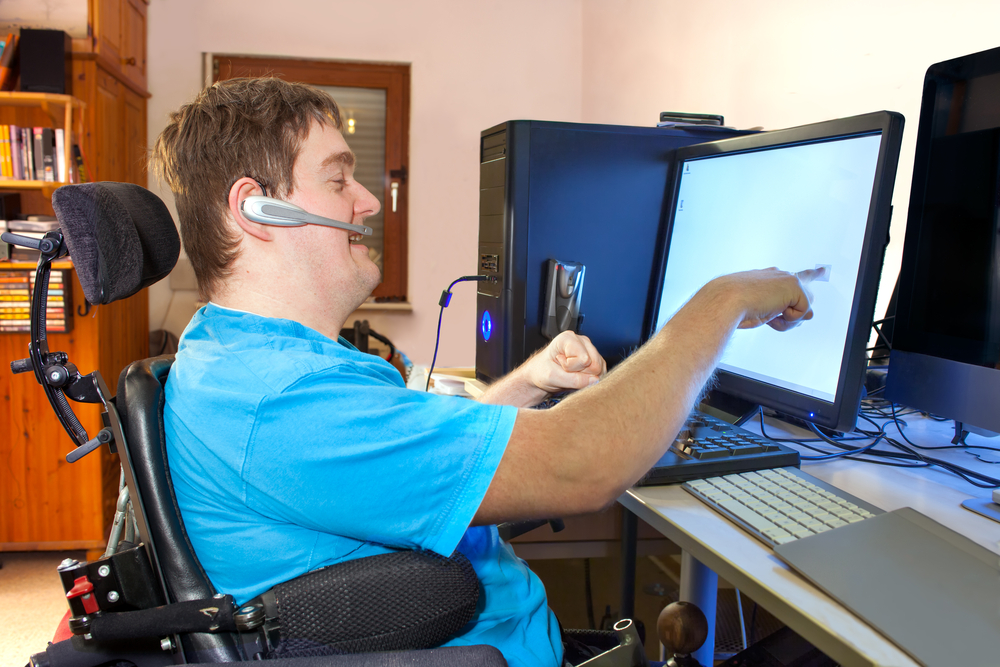Make an Appointment
Occupational therapy (OT) is a type of healthcare that helps people of all ages participate in meaningful activities or occupations in their daily lives. For children and adolescents, paediatric occupational therapy focuses on supporting their physical, cognitive, emotional, and social development through play, self-care, education, and other activities. Paediatric occupational therapists (OTs) work with children who have various conditions or challenges that impact their ability to perform daily tasks, such as fine motor skills, dressing, eating, play skills, sensory processing, gross motor skills, and communication.
At Physio Inq, we offer paediatric occupational therapy services that are client-centered, evidence-based, and goal-oriented. Our paediatric OTs work closely with clients and families to understand their unique needs, strengths, and goals, and to develop individualized treatment plans that address their priorities and concerns. Whether your child has cerebral palsy, autism spectrum disorder (ASD), developmental delays, sensory processing disorders, ADHD, or other conditions, our occupational therapy services can help them achieve their full potential and improve their everyday lives.
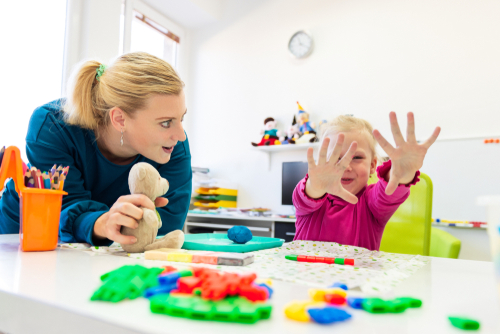
What is Paediatric Occupational Therapy?
Paediatric occupational therapy is a type of healthcare that focuses on helping children and adolescents develop the skills and abilities they need to function independently and participate fully in their daily lives. Paediatric OTs work with children from infancy to adolescence, addressing a range of developmental, physical, sensory, and cognitive needs. They use play-based activities, exercises, equipment, and interventions to support children's progress towards specific goals and improve their overall quality of life.
Paediatric occupational therapists may work with children who have a range of conditions or challenges, such as:
*Cerebral palsy: a group of neurological disorders that affect movement, posture, and muscle tone.
*Autism spectrum disorder: a developmental disorder that affects social communication, behavior, and sensory processing.
*Developmental delays: a range of conditions that involve delays or difficulties in reaching developmental milestones, such as crawling, walking, speaking, or socializing.
*Sensory processing disorders: a condition in which the brain has difficulty receiving and interpreting sensory information from the environment, leading to over- or under-sensitivity, anxiety, or avoidance.
*ADHD: a neurodevelopmental disorder that affects attention, impulsivity, and hyperactivity.
Paediatric occupational therapists may also work with children who have mental health issues, such as anxiety, depression, trauma, or attachment disorders, and help them develop coping skills, emotional regulation, and social skills.
What Does a Paediatric Occupational Therapist Do?
Paediatric occupational therapists work with children and families to assess their needs, goals, and strengths and to develop individualized treatment plans that address their priorities and concerns. They may use a range of assessments, tools, and observations to understand children's abilities, challenges, and interests and to determine the best approach for intervention. Some of the techniques and interventions that paediatric OTs may use include:
* Play-based activities: using games, toys, and other activities to engage children in meaningful, developmentally appropriate tasks that target specific skills, such as fine motor skills, visual perception, or problem-solving.
* Sensory integration therapy: using specialized equipment and activities to help children with sensory processing issues improve their ability to receive, process, and respond to sensory input from the environment.
* Adaptive equipment: using specialized equipment or devices to help children perform daily tasks or activities that may be challenging due to physical, sensory, or cognitive limitations, such as dressing, eating, or playing.
* Environmental modifications: making changes to the child's environment, such as lighting, seating, or organization, to promote their independence
* Cognitive-behavioral therapy: using a structured, evidence-based approach to help children with mental health issues develop coping skills, emotional regulation, and social skills.
Paediatric occupational therapists also work collaboratively with other healthcare professionals, educators, and caregivers to ensure that children receive coordinated and holistic care. They may consult with pediatricians, paediatric physiotherapists , speech therapists, psychologists, teachers, and parents to share information, coordinate goals, and monitor progress.
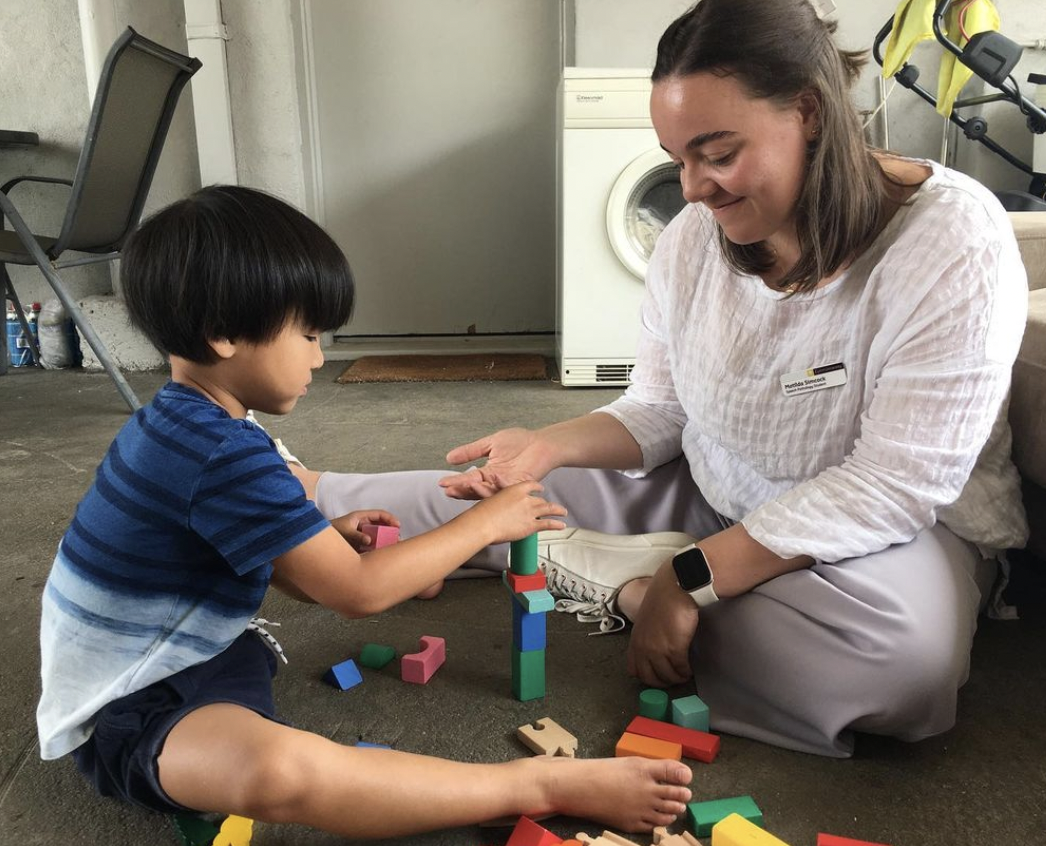
How Do You Know If Your Child Needs Occupational Therapy?
If your child has difficulties with daily tasks, such as dressing, eating, playing, or participating in school or community activities, they may benefit from occupational therapy. Some signs that your child may need occupational therapy include:
* Delayed or atypical development, such as not reaching milestones for motor, cognitive, or social skills.
* Difficulty with fine motor skills, such as grasping, manipulating, or coordinating small objects.
* Sensory processing issues, such as over- or under-sensitivity to touch, sound, taste, smell, or movement.
* Difficulty with self-care tasks, such as dressing, grooming, or feeding.
* Behavior issues, such as aggression, anxiety, or difficulty regulating emotions.
* Challenges with attention, organization, or following directions.
If you have concerns about your child's development or daily functioning, you can talk to your pediatrician or healthcare provider about getting a referral for occupational therapy evaluation OR contacting our team today directly on 1300 731 733
Is Occupational Therapy Covered by Medicare Australia?
Yes, occupational therapy services are covered by Medicare Australia under certain conditions. To be eligible for Medicare rebates for occupational therapy, your child must have a chronic condition that is expected to last for six months or more, and require ongoing treatment from two or more healthcare providers. The condition must also be medically complex, requiring a multidisciplinary approach to care.
If your child is eligible for Medicare-funded occupational therapy, they can receive up to five sessions per calendar year, with a referral from their general practitioner or pediatrician. Physio Inq also accepts private health insurance and NDIS funding for occupational therapy services.
Is There NDIS Funding for ADHD?
Yes, children with ADHD may be eligible for National Disability Insurance Scheme (NDIS) funding for occupational therapy services, if their condition significantly impacts their daily functioning and requires ongoing support. To be eligible for NDIS funding, your child must have a permanent or significant disability that affects their ability to perform daily tasks and participate in the community. You can talk to your NDIS planner or coordinator about getting a referral for occupational therapy assessment and funding.
How Do Occupational Therapists Help Kids with Sensory Issues
Paediatric occupational therapists also work with children and adolescents who have fine motor skills difficulties, such as difficulty with grasping and manipulating objects, holding a pencil or cutlery, and handwriting. They may also work with children who have difficulties with dressing, eating, and other activities of daily living. Paediatric occupational therapists help these children to develop the skills needed to perform these tasks, providing strategies and tools to make them easier and more comfortable.
Children with cerebral palsy may benefit from paediatric occupational therapy. Cerebral palsy affects a child's muscle tone and coordination, which can impact their ability to perform everyday tasks. Paediatric occupational therapists can work with these children to improve their fine motor skills, develop their independence, and find ways to overcome the challenges they face.
Paediatric occupational therapy is not just for children with physical difficulties. It can also be helpful for children with mental health conditions. Children with anxiety, depression, and other mental health conditions may struggle with everyday tasks, such as going to school or participating in social activities. Paediatric occupational therapists can help these children to develop coping strategies, improve their self-esteem, and build resilience.
At Physio Inq, we offer a client-centred approach to paediatric occupational therapy. This means that we work closely with our clients and their families to develop individualised treatment plans that are tailored to their specific needs and goals. We believe that the best way to help children and their families is to provide support and guidance that is specific to their situation. By taking the time to understand our clients' needs and preferences, we can ensure that we are providing the best possible care.
Our paediatric occupational therapy services are designed to help children and their families to improve their everyday lives. We use evidence-based interventions that have been shown to be effective in helping children to develop the skills and abilities they need to succeed. We work with children and their families to set achievable goals, and we provide ongoing support and guidance to help them achieve those goals right across Australia.
If you are concerned about your child's development or if you think they may benefit from occupational therapy services, it's important to speak with a paediatric occupational therapist. They can help you to understand your child's needs and provide guidance on the best way to support them. At Physio Inq, we offer a range of paediatric occupational therapy services to help children with a wide range of conditions, including autism spectrum disorders, cerebral palsy, and mental health conditions. We are committed to providing the highest quality care to our clients and their families, and we work closely with them to help them achieve their goals.
Our team of experienced paediatric occupational therapists is here to help your child reach their full potential. Contact us now to learn more about our services and schedule an appointment

Date Published: Thursday, March 2, 2023
Locate a Paediatric Occupational Therapy
Service Near me
Get the experience & convinence you deserve to support your or a loved one's allied health needs.
Our Paediatric Occupational Therapy team are currently serving & taking appointments in the following states and regions in Australia:
Need to get into direct contact with ur Client Services team? We're all ears. Call our team directly on 1300 731 733
